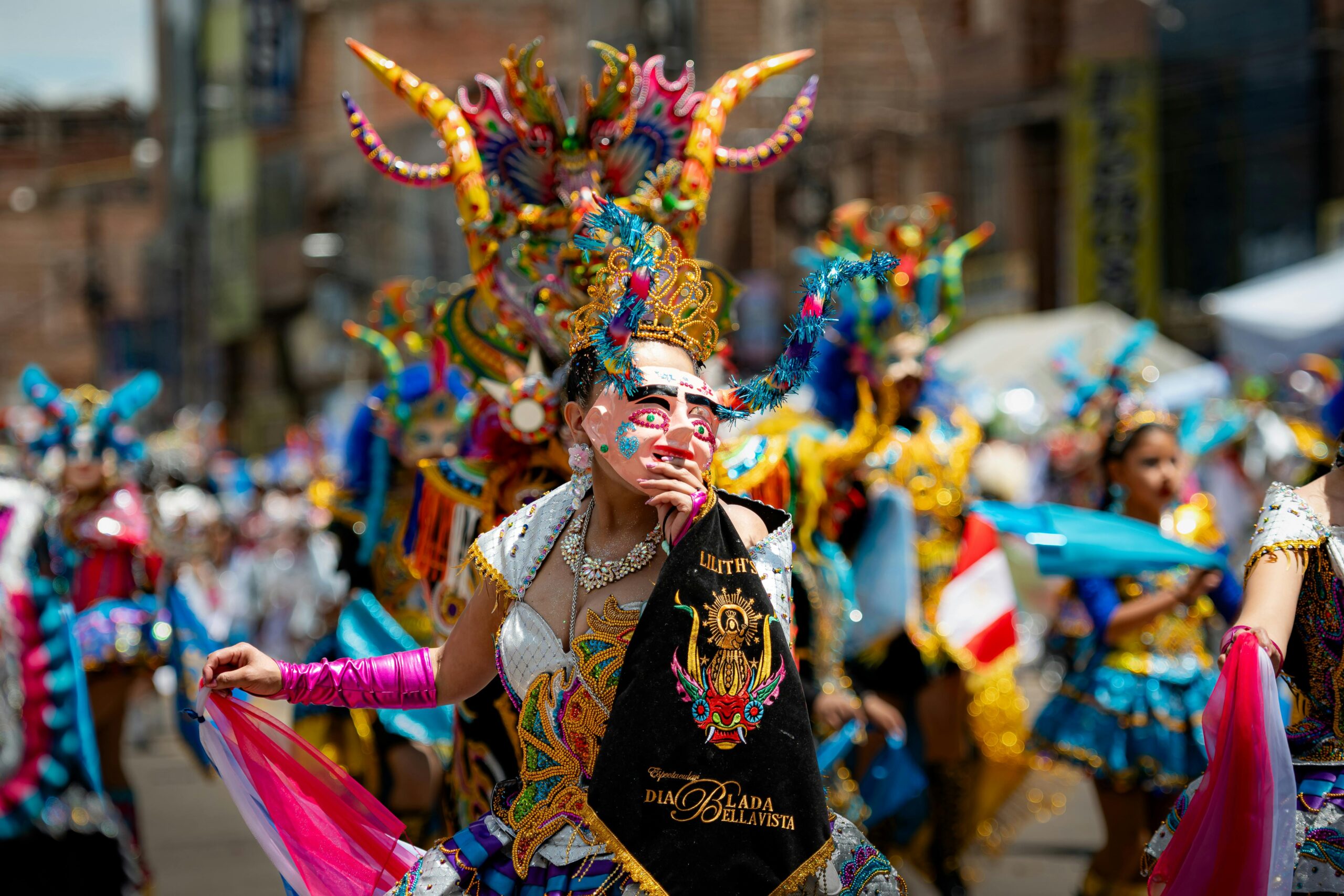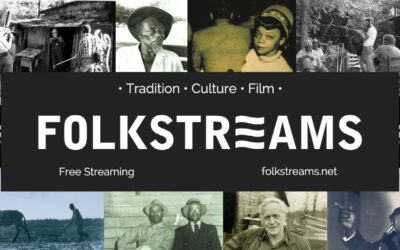When you think of folklore, what comes to mind? Maybe fairy tales from your childhood, campfire ghost stories, or epic myths of gods and heroes. While these are indeed parts of folklore, they’re just the tip of the iceberg. Folklore is so much broader, encompassing everything from traditional recipes to urban legends to the way we celebrate holidays.
At its core, folklore is the shared cultural knowledge of a group of people, shared through creative action—such as storytelling, rituals, music, crafts, and customs. When you think about folklore, it’s important to remember that traditions are living, breathing parts of our lives, something we constantly adapt to reflect the times while at the same time keeping us rooted in our origins.
Are Folklore and Myth the Same?
Folklore and myth are related but distinct concepts. Myth refers specifically to sacred stories or origin tales, often involving gods, creation, or the explanation of natural phenomena. Folklore, on the other hand, is a broader term that includes myths as well as legends, folktales, customs, and traditions—essentially the collective cultural knowledge and practices shared by a community.
Many people use the term “myth” to refer to something that isn’t true, but in the study of folklore, myths are not judged by their factual accuracy. Instead, they are valued for the insights they provide into the beliefs, values, and worldviews of the cultures that created them. Myths can hold significant truths in a symbolic or cultural sense, even if the events they depict don’t align with historical or scientific fact.
What Does Folklore Include?
Folklore can be broken down into several categories, each offering a unique lens into human creativity and culture. Here are some popular examples:
- Myths: Stories that explain the origins of the world or natural phenomena, often featuring gods or supernatural beings.
- Legends: Semi-historical tales, like those of King Arthur or Robin Hood, that blend fact and fiction.
- Folktales: Stories like Jack and the Beanstalk or The Tortoise and the Hare, often with moral lessons.
- Urban Legends: Modern tales like the vanishing hitchhiker or alligators in the sewer that reflect contemporary anxieties.
- Proverbs and Sayings: Short, pithy statements like “A stitch in time saves nine” that carry cultural wisdom.
- Folk Art and Crafts: Embroidery, pottery, quilting, and other crafts that can tell stories, reflect our values, and/or preserve traditions.
- Music and Dance: From Appalachian bluegrass to West African drumming, music and dance often serve as vehicles for folklore.
- Customs: Practices like throwing rice at weddings, lighting candles during Diwali, or carving pumpkins for Halloween bring people together to share traditions and beliefs.
- Festivals: Celebrations like Día de los Muertos, Holi, or Easter bring communities together to honor heritage, mark seasonal changes, or signify important times of year, and often blend art, music, food, and customs into shared cultural experiences.
Why is Folklore Relevant Today?
Folklore isn’t stuck in the past—it’s alive and thriving. Because everyday people are the ones who choose to carry traditions forward, it is constantly evolving, as we adapt our lore to meet our needs, fit new technologies, or stay relevant in the face of social changes. For example, internet memes, viral challenges, and even conspiracy theories are modern expressions of folklore, reflecting the same creative, expressive instincts that have been a core part of humanity throughout time.



